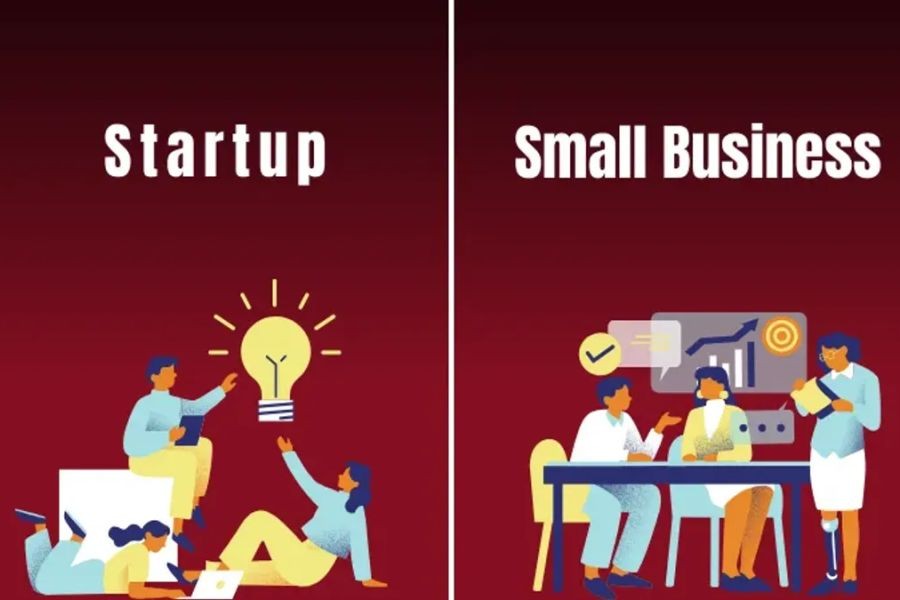In an era where technology is rapidly reshaping the global workforce, New Zealand faces a pivotal question: will employers in the Land of the Long White Cloud stop requiring degrees altogether? As companies increasingly value skills over traditional qualifications, the implications for New Zealand's labor market, education system, and economy are profound. This article delves into the pros and cons of this shift, examines how it might work, and explores its potential impact on Kiwi employers and employees alike.
The Pros and Cons of Abandoning Degree Requirements
Pros of Dropping Degree Requirements
- Increased Access to Talent: By broadening the hiring pool, companies can tap into a more diverse range of skills and perspectives, fostering innovation and adaptability.
- Cost-Effectiveness: Employers may save on recruitment costs by focusing on skills and experience, which can be easier to assess through practical tests and projects.
- Increased Inclusivity: Removing degree requirements can level the playing field, offering opportunities to individuals who may not have had access to higher education.
- Alignment with Industry Needs: As industries evolve, the skills required often outpace the curriculum of traditional degree programs, making continuous learning and adaptability more valuable.
Cons of Dropping Degree Requirements
- Verification Challenges: Gauging skills without formal qualifications can be more subjective and time-consuming for employers.
- Potential Bias: Without standardized credentials, there is a risk of bias in the hiring process based on less tangible factors.
- Impact on Education Institutions: Universities and colleges may face pressure to adapt their offerings to remain relevant, impacting their funding and operational models.
- Perception of Quality: Degrees often serve as a proxy for a certain level of academic rigor and discipline, which may be harder to assess through alternative means.
How It Works: A Deep Dive into Skills-Based Hiring
The shift from degree-based qualifications to skills-based hiring is not merely theoretical. Globally, companies are already implementing this change, and New Zealand is no exception. According to Stats NZ, the demand for tech-savvy workers has surged by 25% in the past five years, emphasizing the need for skills such as coding, digital marketing, and data analysis.
The New Zealand Context: Industry Trends and Local Factors
New Zealand's tech sector, a critical growth area, is leading the charge in skills-based hiring. With initiatives such as the Ministry of Business, Innovation and Employment's (MBIE) "Digital Skills for a Digital Nation" program, there's a concerted effort to upskill New Zealanders in preparation for a technology-driven future. This program aligns with the government's broader strategy to make New Zealand a hub for tech innovation and entrepreneurship.
Case Study: Xero's Skills-Based Approach
Xero, a New Zealand-based accounting software firm, exemplifies the shift towards valuing skills over degrees. Faced with the challenge of rapid expansion and a need for a diverse set of skills, Xero implemented a comprehensive skills assessment process for new hires.
Problem: Xero needed to scale its workforce quickly to meet growing demand but found that traditional hiring processes were too slow and restrictive.
Action: The company introduced skills-based assessments and coding challenges as part of their hiring process, focusing on real-world problem-solving abilities over formal qualifications.
Result: Within six months, Xero reported a 30% increase in hiring efficiency and a 20% improvement in employee retention rates, attributing this to a better match between job roles and employee skills.
Takeaway: Xero's approach highlights the potential for skills-based hiring to enhance workforce adaptability and satisfaction, a critical factor in retaining talent in a competitive market.
Myths and Misconceptions About Degree Requirements
Myth vs. Reality
Myth: "Degrees guarantee job readiness."
Reality: In many industries, particularly tech and digital fields, the skills gap remains a significant issue despite formal qualifications. A report by NZTech indicates that 45% of tech employers find graduates lack critical problem-solving skills.
Myth: "Employers don't value non-degree holders."
Reality: Many employers increasingly recognize the value of diverse experiences and skill sets. The New Zealand Employers Federation reports that 60% of businesses are open to hiring non-degree holders if they possess the necessary skills.
Myth: "Degrees are the only path to high-paying jobs."
Reality: With the rise of tech certifications and online learning platforms, many individuals are forging successful careers without traditional degrees, often commanding competitive salaries.
Future Trends: The Evolution of New Zealand's Labor Market
Looking ahead, New Zealand's labor market is poised for further transformation. By 2028, it is predicted that 50% of job roles will require skills that aren't part of current degree programs (Source: MBIE). This evolution emphasizes the need for continuous learning and adaptability among workers.
Moreover, as automation and AI continue to reshape industries, skills such as digital literacy, creativity, and emotional intelligence will become increasingly valuable. New Zealand businesses must therefore adopt a forward-thinking approach to talent acquisition, focusing on lifelong learning and development.
Conclusion: Embracing a Skills-Driven Future
As New Zealand navigates the changing tides of the global workforce, embracing a skills-driven approach to hiring is not just a trend; it's a necessity. By valuing skills over degrees, Kiwi employers can unlock a more dynamic, diverse, and innovative workforce, positioning New Zealand as a leader in the global economy.
What are your thoughts on this shift? Are degrees still relevant, or is skills-based hiring the future? Share your insights below!
People Also Ask
- How does skills-based hiring impact New Zealand businesses? Skills-based hiring can lead to increased innovation and adaptability, with businesses reporting 25% higher employee satisfaction when focusing on skills over degrees (Source: MBIE).
- What are the biggest misconceptions about degree requirements? A common myth is that degrees guarantee job readiness, but studies show that many graduates lack critical skills needed in today's job market (Source: NZTech).
- What are the best strategies for implementing skills-based hiring? Experts recommend starting with clear skills assessments, followed by practical tests, and ensuring ongoing training for long-term success.
Related Search Queries
- Skills-based hiring in New Zealand
- New Zealand job market trends 2025
- Impact of removing degree requirements
- Tech industry in New Zealand
- Future of education in New Zealand
- Online learning platforms NZ
- New Zealand labor market predictions
- AI and automation in New Zealand
For more insights on how New Zealand can navigate these changes, consider subscribing to our newsletter for the latest updates and expert opinions.































